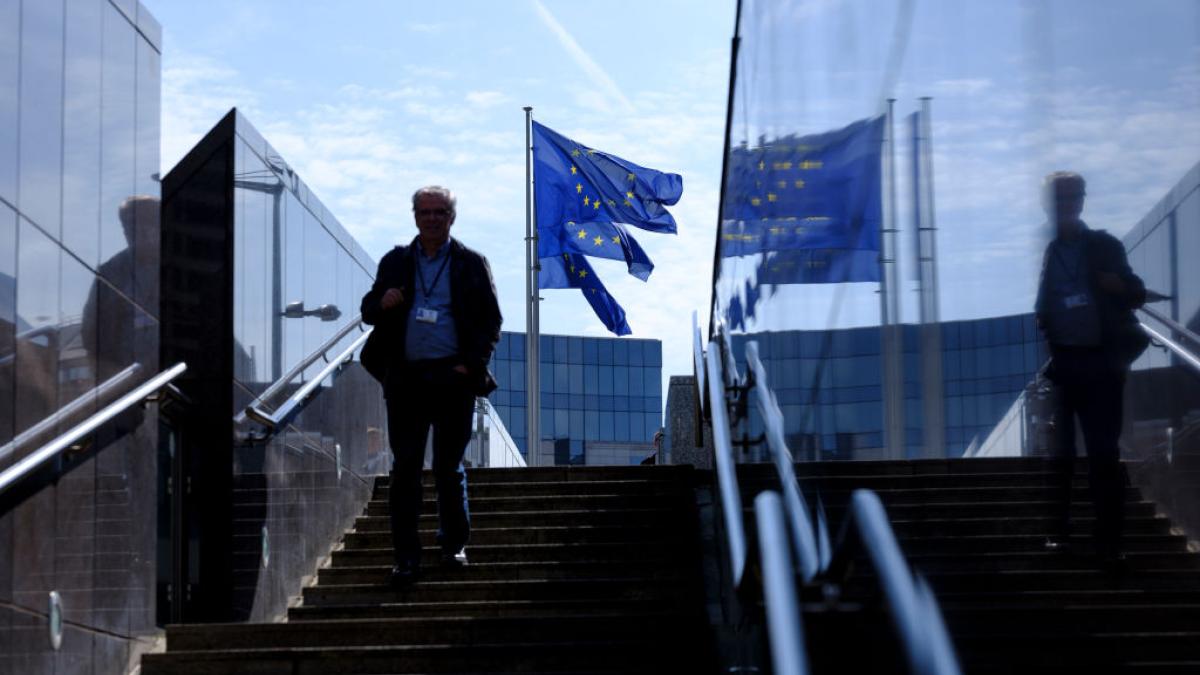Competition with politicisation is not competition, it’s harmful protectionism
The European Union should reaffirm the principle that undue interference in competition enforcement is protectionism that has negative effects.

Though in principle independent from political intervention, the European Union’s competition authority, the Directorate General for Competition, has increasingly become a target recently for several member states and EU politicians who want to use competition policy to further their political agendas, including by protecting and favouring European industry. This political intervention is dangerous. Competition policy seeks to protect a competition process, not any particular company or industry. Undermining this principle could harm both European unity and competitiveness.
Competition policy does its job by tackling market abuse, assessing mergers and ensuring aid to industry is not distortive. But the law only sanctions abuse, not success. Big is not bad. The law thus encourages firms to be more efficient and productive by ensuring a minimum intensity of competition in the markets.
The law must be allowed to work even if competition might lead to the departure of domestic incumbents that are less efficient than foreign firms. The European Commission under Margrethe Vestager has vigorously protected this process. Over the last nine years, the Commission has initiated 90 antitrust cases and reviewed 3332 mergers and 4719 state aid cases, leading to significant changes in how firms operate in several markets, such as the digital sector.
Some politicians in large EU countries are unhappy about how the Commission protects the process. Competition enforcement sometimes prevents the realisation of industrial projects arising from a merger, or blocks state aid. EU governments have pushed for competition policy rules to be relaxed to promote European or national champions. This has been especially the case after the Commission prohibited the Alstom/Siemens merger in 2019. The Commission prevented the creation of a European champion in the railway industry by the two dominant French and German manufacturers, severely upsetting the French government.
Ahead of the 2024 European elections and a new Commission, which will take office late next year, politicians are especially keen for the Commission to allow more consolidation in some sectors, such as telecommunications, to permit more subsidies in the context of a subsidy war with the United States and China, and to imposing more restrictive regulatory burdens and requirements on foreign firms. But this political intervention could cause more harm than benefits to the EU’s unity and competitiveness, for four reasons.
First, it would reduce the chances of success. Favouring a company or an industry does not ensure success, whereas competition does. For instance, liberalising some sectors, including telecommunications and energy, led to the emergence of more efficient competitors than the former state monopolies, resulting in better products/services and lower prices. Attempts to create new companies might fail dramatically, as shown by the failure of the search engine Quaero, backed financially by France and Germany, whereas competition enabled the success of Google.
Second, intervention encourages rent-seeking behaviour. Some firms might prefer spending money on lobbying to protect their markets to the detriment of increasing efficiency and productivity. Rent-seeking also deter new entrants. For instance, some European industries lobbied heavily in the context of the forthcoming EU Data Act for access to valuable industrial data, while preventing the largest American tech firms from having similar access, with the objective of making it harder for American firms to compete with European firms in new markets.
Third, intervention deters private investment. Firms might seek public funding or contributions to their investments from competitors, rather than spending private funding on innovative projects, leading to the misallocation of public money. For instance, the publishing and telecommunication industries have pushed for years for large online platforms to contribute to their investments because platforms derive economic benefits from their services. However, when evidence of the need of such contributions is lacking, the contribution is likely to result in higher prices for consumers, as platforms will pass the cost of their contribution onto their customers.
Finally, excessive intervention reduces legal certainty. The law and case law enable firms to anticipate the risks they face from competition law. Political intervention might lead to unpredictability and discriminatory treatment that favours particular companies or industries, increasing business barriers.
In short, competition with politicisation is not competition; it is protectionism and it has negative effects. The next Commission should reaffirm the independence of the competition authority by avoiding conflict of interests when the next Competition commissioner is nominated, and by providing more evidence-based and transparent legislative proposals to avoid undue rent-seeking.



